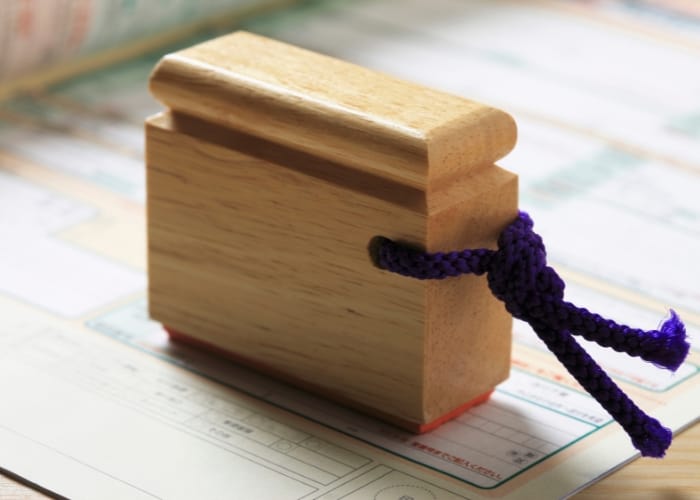How the Updated Companies Act Changed the Common Seal Use
 The Companies (Amendment) Act 2016 amended the Companies Act 2016 (CA 2016) to provide for a new way of executing documents by companies. It came into effect on March 31, 2017. One of the key changes made by this act was using a common seal by Singapore companies. Previously, a company could only execute a document by affixing its common seal.
The Companies (Amendment) Act 2016 amended the Companies Act 2016 (CA 2016) to provide for a new way of executing documents by companies. It came into effect on March 31, 2017. One of the key changes made by this act was using a common seal by Singapore companies. Previously, a company could only execute a document by affixing its common seal.
The amendment also made it easier for companies to execute documents in other ways. We discuss everything about it in this article.
What Are the New Changes?
A New Method of Execution
Companies can now execute documents by the signature of two authorised officers, one of whom must be a director. This is in contrast to the previous requirement to affix a common seal.
Applicability of the New Method
The new method of execution applies to all documents, regardless of whether they are required to be executed under a written law, resolution, agreement or constitution.
Clarification of Law
The amendment clarifies the law in relation to the execution of documents by companies. This is likely to be beneficial to the business community.
The Companies (Amendment) Act 2016 removed the requirement for Singapore companies to have a common seal. This means that companies are now free to choose whether or not to have a common seal. If a company chooses not to have a common seal, it can still execute documents under seal by signing them in the prescribed manner.
Enhancing Document Execution
The Companies (Amendment) Act 2016 also changed how documents are executed under seal. Under the old law, a signed document would have to be affixed with the company’s common seal. Under the new law, a document is executed under seal if it is signed by a director or other authorised officer of the company in the presence of a witness who attests to the signature.
The amendments to the Companies Act 2016 have simplified the process of executing documents under seal. The amendment is likely to have a positive impact on the business community as it is seen to expedite work matters. This will make it easier for companies to do business and reduce the risk of errors.
What Are the Benefits of Not Having a Common Seal?
There are several benefits to not having a common seal. These include:
Reduced Costs
There is no need to purchase or maintain a common seal.
Increased Flexibility
Companies are free to choose how they want to execute documents.
Reduced Risk of Errors
There is less chance of errors occurring when documents are not affixed with a common seal.
If you are contemplating not having a common seal for your company, it is crucial to seek guidance from a qualified lawyer to discuss the implications thoroughly. You can also contact us at 3E Accounting for more detailed information on how to move forward with or without having a seal.









